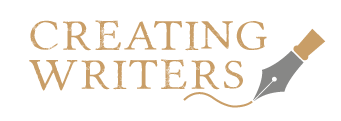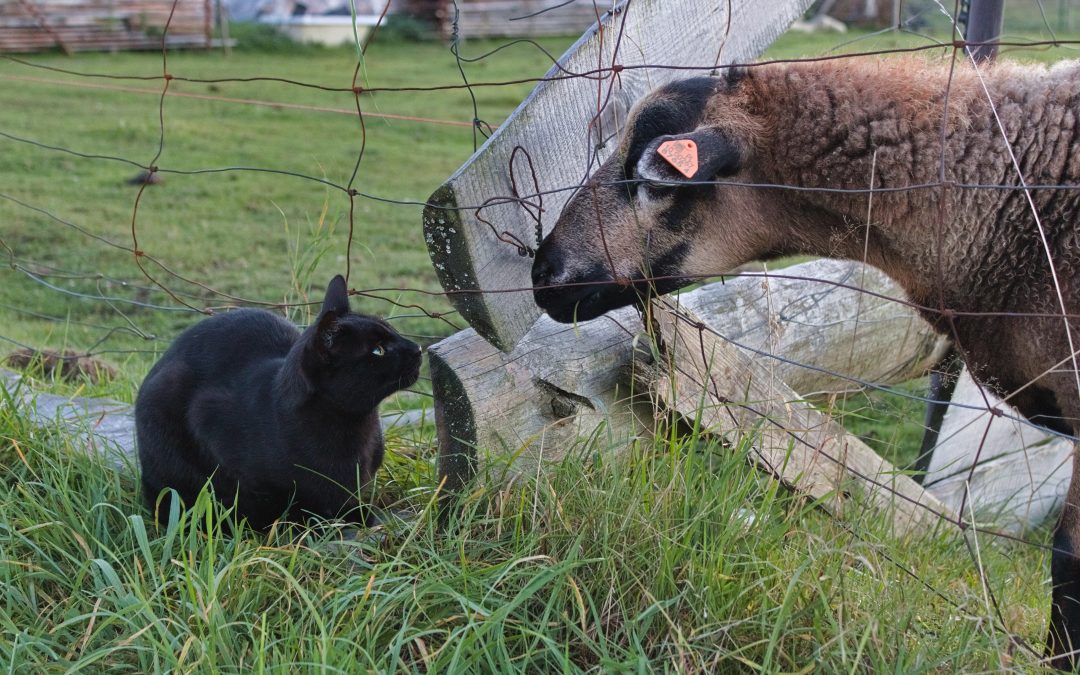Charlie Laidlaw is an author and tutor at Creating Writers
In previous posts, I’ve looked at different aspects of writing dialogue.
It’s an important part of the writer’s skillset, because dialogue develops both plot and character.
If your dialogue doesn’t sound right, readers will lose confidence in you. They won’t turn the pages.
In this post I’ll start by taking a look at dialogue tags.
A lot of writers worry about “he said” – “she said” – “he replied” – “she replied” dialogue tags. Some try to mix them up: “he exclaimed” – or “she muttered,” or “he whispered.”
While it’s good to mix and match, don’t over-think dialogue tags. Readers don’t tend to notice the repetition of “said” and “reply.”
Action & narrative
But do intersperse dialogue with action or narrative. For example, you could write:
She looked around at the dimly-lit restaurant, with its expensive gilt mirrors and bright chandeliers.
A waiter handed them their menus.
“I think I’ll have the fish,” she said.
“Steak for me,” he said, “but what about wine? Would you be okay with red wine with your fish?”
“Yes, that’s okay,” she replied. “I hope this place isn’t too expensive.”
That’s fine as a piece of writing, although it doesn’t reveal any clues to character. Its only purpose is to move the story forwards to what, we assume, will be a revealing piece of dialogue later in the meal. You could therefore shorten it:
They flipped open their menus and gave their order to the attentive waiter. Fish for her; steak for him. He also ordered a bottle of red wine, making sure that she was okay with drinking red wine with fish. “I hope this place isn’t too expensive,” she said.
On top of tips in previous posts, here are some other dialogue mistakes to avoid:
Preaching
We all have our opinions. We all may believe that our opinions matter. But don’t think that the rest of the world should hear your opinions.
If strong opinions are important for character development, then good. But too much may lead readers to think that it’s you, the author, preaching to your readers.
There’s no better way to turn off readers than to try and shove your opinions down their throats.
Here’s some advice from Lydia Millet.
Over using people’s names
It’s tempting to over-use them in dialogue. For example:
“How are you, Sarah?”
“I’m fine, Peter.”
“You don’t look fine, Sarah.”
It doesn’t ring true, unless you want to give a sense of false formality. If that’s your intention, then good. If not, drop the first names. We don’t tend you use first names when we’re speaking to other people. If we don’t do it in real life, don’t do it in your book.
Remember to think through dialogue as if you’re watching a film of your book. In other words, does it sound right?
Not knowing when to stop
Good dialogue can suck us into a story, keep us engaged, and give us clues to character and story development. But too much dialogue can be tedious. How much is tedious? Well, that depends on the context of the conversation and the action surrounding it.
Always, always read dialogue back. Is it a bit long-winded? Could it be better interspersed with narrative? Too much dialogue, particularly quick-fire dialogue, can seem breathless. But it can also feel amateurish, as if the author doesn’t really know what to write next.
New authors often set arbitrary objectives to, say, write 1,000 words a day. In the absence of inspiration, a good way to achieve that is to waffle, often padding out dialogue to reach the word target.
My advice is not to set daily or weekly targets. Or if you do, be doubly ruthless with editing your manuscript.
Courses
If you need help getting started on your writing journey, Creating Writers has two online creative writing courses, an introductory course and our flagship Diploma course.
It’s an intensive course, with lots of face-to-face tuition. It also comes with a real qualification at the end of it.
That could not only kick-start your writing career but provide you with a valuable qualification for your resume.
Our courses are intended to give you the confidence and skills to understand what makes great writing. On the Diploma course, we’ll also get you started on your novel.
For more information, you can contact us here.
Photo by Jarosław Głogowski on Unsplash

